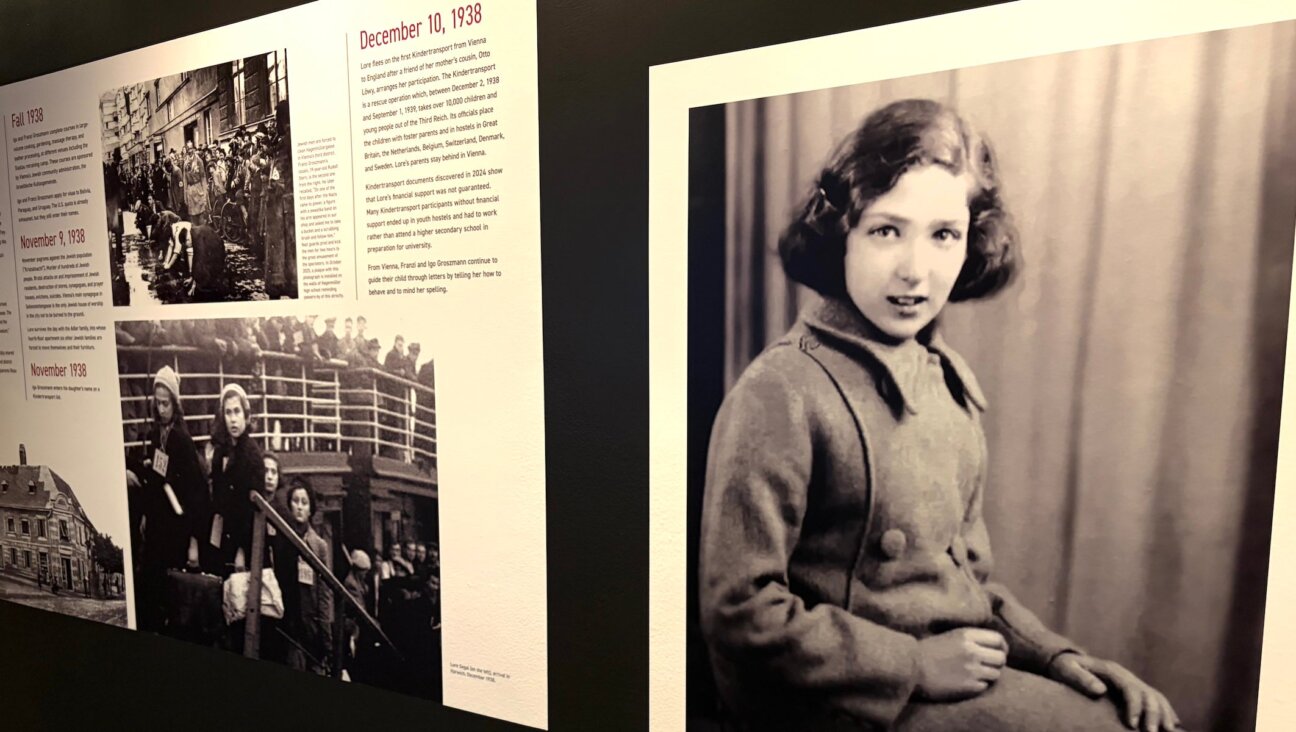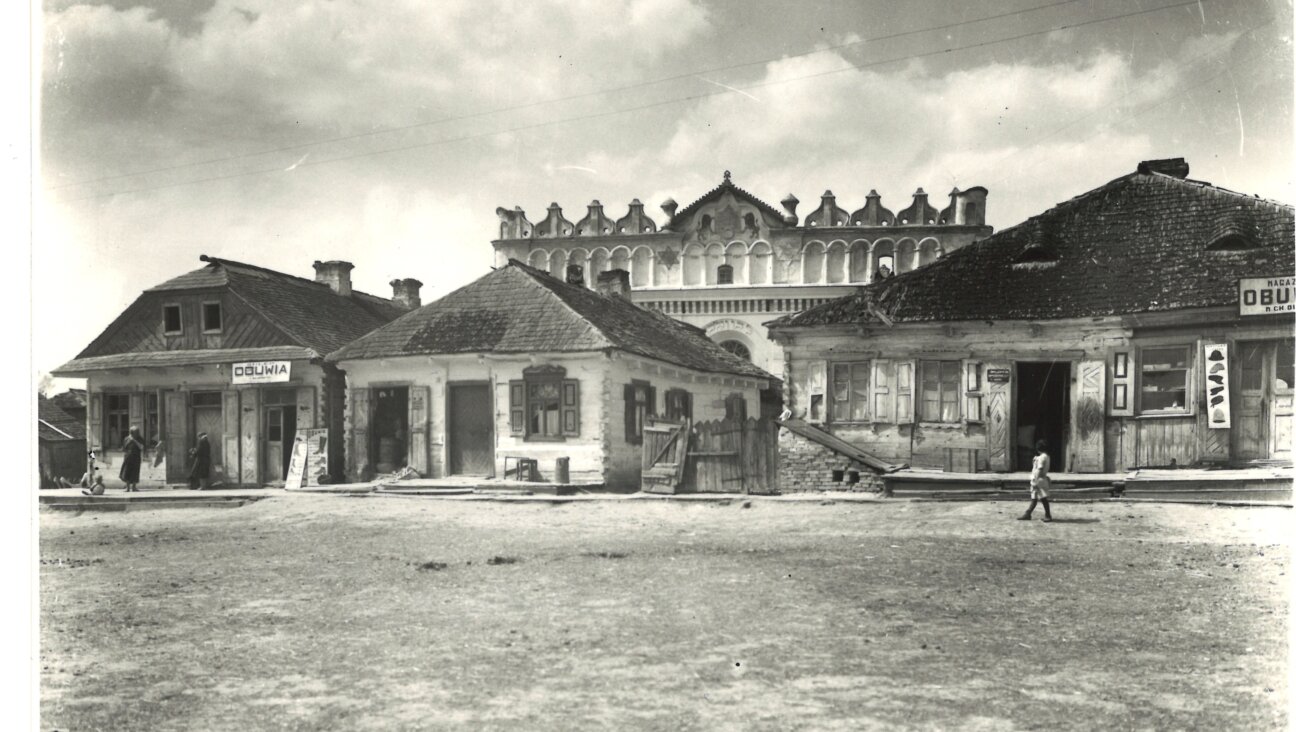Free Speech at City College
In early October 2001, the City College of New York’s faculty union, alarmed by what it saw as a wave of jingoism unleashed by the 9/11 attacks, decided to stage a teach in. Titled “Threats of War, Challenges of Peace,” the session was seen in some quarters as unpatriotic, seditious even. The New York Post lambasted what it called the CCNY faculty’s “moral myopia.” University trustees drafted a statement calling statements made at the event “un-American.”
Disturbed by what she was hearing, Carol Smith decided to take action. A social worker who had served as a counselor at CCNY for 33 years, Smith retired from her post and devoted herself to assembling a chronicle of an earlier period of activism on campus. The result is a traveling exhibition of photographs, flyers, posters and lapel pins titled, The Struggle for Free Speech at CCNY, 1931-42.
City College was a hotbed of student and faculty activism in the ‘30s and early ‘40s. Led by an alphabet soup of socialist and communist groups, CCNY students, four-fifths of whom were Jews, fought for social and economic justice at home and against fascism abroad. College President Frederick Robinson worked hard to silence the student radicals. Between 1931 and 1934, 43 CCNY students were expelled, 38 were suspended and hundreds were brought before campus disciplinary boards.
Young faculty members, many of whom came from immigrant backgrounds, organized unions to help in the fight for greater job security and higher pay. But faculty members were not fully protected against the whims of the college administration, particularly after the creation of the Rapp-Coudert Committee, a state panel designed to investigate “subversion” in the public schools and colleges. Many professors were denied reappointment and those who refused to cooperate with the committee were dismissed.
Smith’s exhibition ends on a note of reconciliation — and reproach. In 1981, The City University of New York’s Board of Trustees adopted a resolution expressing “regret at the injustice done to the faculty and staff who had been dismissed or forced to resign.” In addition, the resolution promised “to safeguard the constitutional rights of freedom of expression, freedom of association and open intellectual inquiry of the faculty, staff and students of the University.” Carol Smith is going to hold them to it.
Smith, together with onetime CCNY student activist Henry Foner and CCNY professor Steve Leberstein, will be appearing at the 92nd Street Y at 8 p.m.on February 7. Her exhibition, which will be on view at the American Museum of Labor History in Hadedon, N.J. until April 21, can also be found online at http://www.virtualny.cuny.edu.














